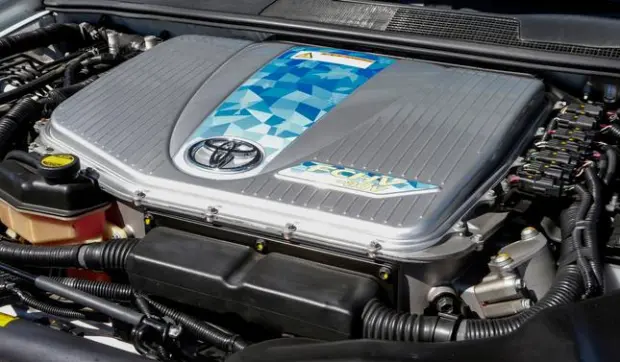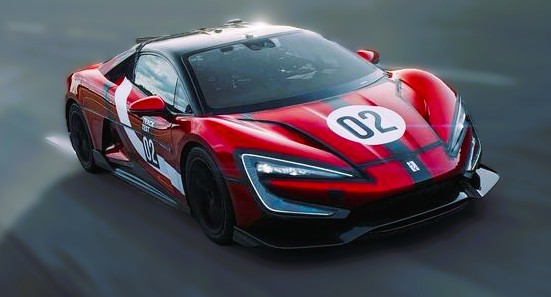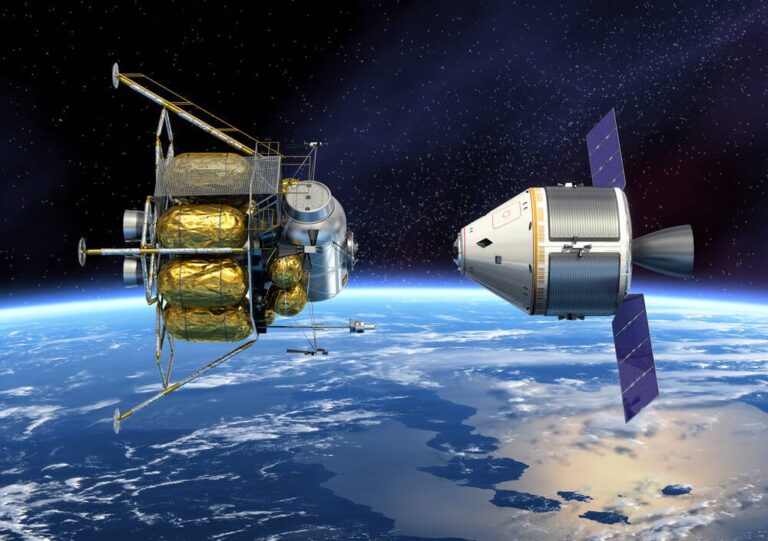
Not Toyota, not Hyundai — Honda unveils hydrogen FCEV as core future tech with the 2025 CR-V e:FCEV, setting a new benchmark in sustainable mobility and hydrogen innovation.
Honda Sets the Pace with Hydrogen Innovation:
In a groundbreaking move, not Toyota, not Hyundai Honda unveils hydrogen FCEV as core future tech with the 2025 CR-V e\:FCEV, blending hydrogen and plug-in electric capabilities. This U.S.-built SUV offers around 270 miles of hydrogen range plus 29 miles of EV driving. Its next-gen fuel cell system, co-developed with GM, boasts twice the durability and slashes cost by two-thirds. Unlike its competitors, Honda is making hydrogen the heart of its zero-emission strategy.
Honda’s Hydrogen Plans Go Beyond Vehicles:
Not Toyota, not Hyundai Honda unveils hydrogen FCEV as core future tech not just in cars but across multiple industries. Honda is applying its fuel cell technology to commercial trucks (with Isuzu), backup energy systems, construction machines, and even space missions. It’s currently testing a closed-loop fuel cell system on the International Space Station to support future lunar habitats. This wide-scale hydrogen deployment is a key part of Honda’s “Triple Action to Zero” vision for a carbon-neutral future.
Honda Blends Power, Purpose, and Performance:
Proving its performance edge, not Toyota, not Hyundai Honda unveils hydrogen FCEV as core future tech by making the CR-V e\:FCEV the first hydrogen vehicle to compete at the Pikes Peak Hill Climb. Honda plans to scale fuel cell system production to 60,000 units annually by 2030. While hydrogen infrastructure is still developing, Honda’s plug-in and fuel cell combo offers speed, range, and flexibility—solidifying hydrogen as a foundational element in its global clean energy strategy.




